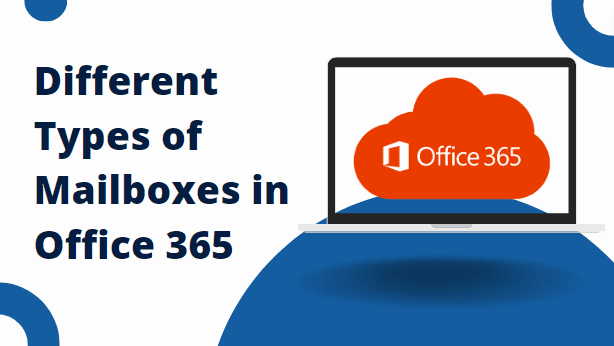Introduction:
In today’s fast-paced world, technology plays a crucial role in every aspect of our lives, including education. As schools strive to provide a seamless and efficient educational experience, many are turning to School ERP (Enterprise Resource Planning) systems. In this article, we will explore the advantages of implementing School ERP and understand what it entails.
What is School ERP?
An educational ERP system is a comprehensive software solution designed specifically for schools. It integrates various processes and departments within a school, providing a centralized platform for managing student information, academic records, administrative tasks, and communication. School ERP streamlines operations, enhances efficiency, and improves overall productivity.
With the implementation of an ERP system, schools can accomplish the following:
- Admission Management
- Course and Curriculum Management
- Student Management
- Fee and Payments Management
- Examination and Results Management
- Library Management
- Employee Management
- Transportation Management
And much more…
An ERP system in a school can offer the following advantages:
1. Improved communication:
Effective communication between teachers, students, and parents is crucial for the success of any educational institution. School ERP provides a centralized communication platform that allows for seamless and real-time communication. Teachers can easily share important updates, assignments, and exam schedules with students and parents. Similarly, parents can stay informed about their child’s progress, attendance, and school events through the system.
2. Enhanced Parent-Teacher Collaboration:
School ERP facilitates stronger collaboration between parents and teachers. Parents can access their child’s academic records, attendance, and performance reports through the system. This allows them to actively participate in their child’s education and stay informed about their progress. Teachers can also provide personalized feedback and communicate with parents regarding any concerns or areas for improvement.
3. Efficient resource management:
School ERP helps in effective resource management by providing a centralized platform to manage various resources such as classrooms, laboratories, libraries, and equipment. It enables schools to efficiently allocate resources, track utilization, and schedule maintenance activities. This ensures that resources are optimally utilized, reducing wastage and improving cost-effectiveness.
4. Data Analytics and Reporting:
School ERP systems offer powerful data analytics and reporting capabilities. Schools can generate various reports, such as student performance reports, attendance reports, and financial reports, with just a few clicks. These reports provide valuable insights into the school’s performance, enabling administrators to make data-driven decisions and identify areas for improvement.
5. Increased data security:
Data security is of the utmost importance in today’s digital age, especially when it comes to sensitive student information. School ERP systems implement robust security measures to protect data from unauthorized access or breaches. By centralizing data storage and implementing secure access controls, schools can ensure the confidentiality and integrity of student records.
6. Increased teaching time
One of the most significant advantages of school ERP is the substantial increase in teaching time it offers. Traditional administrative tasks, such as attendance tracking, report generation, and timetable scheduling, can be time-consuming. However, with a school ERP system in place, these processes are automated, reducing the administrative burden on educators. This means that teachers can spend more time focusing on what truly matters – delivering quality education to their students.
Conclusion:
The benefits of implementing School ERP are extensive and can drastically change the way educational institutions operate. School ERP systems empower schools and colleges to provide quality education through efficient resource management, personalized learning paths, enhanced security and scalability.
Educational institutions can revolutionize their daily operations and processes by implementing School ERP. School ERP has numerous benefits, including streamlining administrative tasks, improving communication, and improving resource management. A school can improve the educational experience for students, teachers, and parents by adopting this technology.










